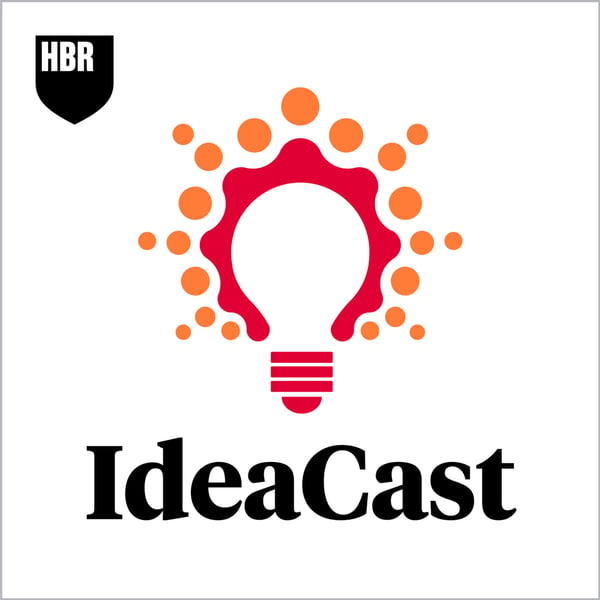To Improve AI Outcomes, Think About the Entire System
HBR IdeaCast
Harvard Business Review
4.4 • 1.9K Ratings
🗓️ 4 October 2022
⏱️ 24 minutes
🧾️ Download transcript
Summary
Transcript
Click on a timestamp to play from that location
| 0:00.0 | So you got the job. Now what? Join me, Eleni Mata, on HBR's new original podcast, New |
| 0:08.1 | Here, the Young Professionals Guide to Work, and how to make it work for you. Listen for |
| 0:13.9 | free wherever you get your podcasts. Just search New Here. See you there! |
| 0:30.0 | Welcome to the HBR IDA Cast from Harvard Business Review. I'm Kurt Nickish. |
| 0:50.0 | A shiny new piece of technology is not good enough on its own. It needs to be |
| 0:54.6 | implemented at the right time, used in the right context, and accepted in the right |
| 0:59.2 | culture, applied in the right way. In short, it needs to be part of the right system. And that's |
| 1:05.6 | true for artificial intelligence too. AI can help individuals and teams make better predictions, |
| 1:11.9 | combine that with judgment, and you get better decisions. But those decisions have ripple effects |
| 1:17.5 | on other parts of the system, ripple effects that can undermine the very prediction that was made. |
| 1:24.0 | Our guest today says if organizations want to take artificial intelligence to the next level, |
| 1:29.6 | they need to get better at coordinating optimal decisions over a wider network. Joshua Gantz is |
| 1:35.4 | a strategy professor at the University of Toronto's Rotman School of Management. He co-wrote the |
| 1:40.3 | HBR article from Prediction to Transformation, as well as the new book Power and Prediction, |
| 1:46.2 | the Disruptive Economics of Artificial Intelligence. Hi, Joshua. |
| 1:56.4 | One big argument is that artificial intelligence has to do more for companies than just give data |
| 2:03.1 | in insights. Is that like a big misconception that people have about AI? They're going to get |
| 2:07.4 | insights out of their data, and that's just not enough? Yes, I think what happened some years ago, |
| 2:15.2 | relatively recently, I guess, is that, of course, we started the hype about artificial intelligence |
| 2:22.3 | businesses who are attuned to technological developments, started asking whether this was |
| 2:29.3 | going to be something that should concern them or could take advantage of. And the one thing that |
| 2:35.7 | artificial intelligence in its recent incarnation required was that artificial intelligence |
... |
Please login to see the full transcript.
Disclaimer: The podcast and artwork embedded on this page are from Harvard Business Review, and are the property of its owner and not affiliated with or endorsed by Tapesearch.
Generated transcripts are the property of Harvard Business Review and are distributed freely under the Fair Use doctrine. Transcripts generated by Tapesearch are not guaranteed to be accurate.
Copyright © Tapesearch 2025.

